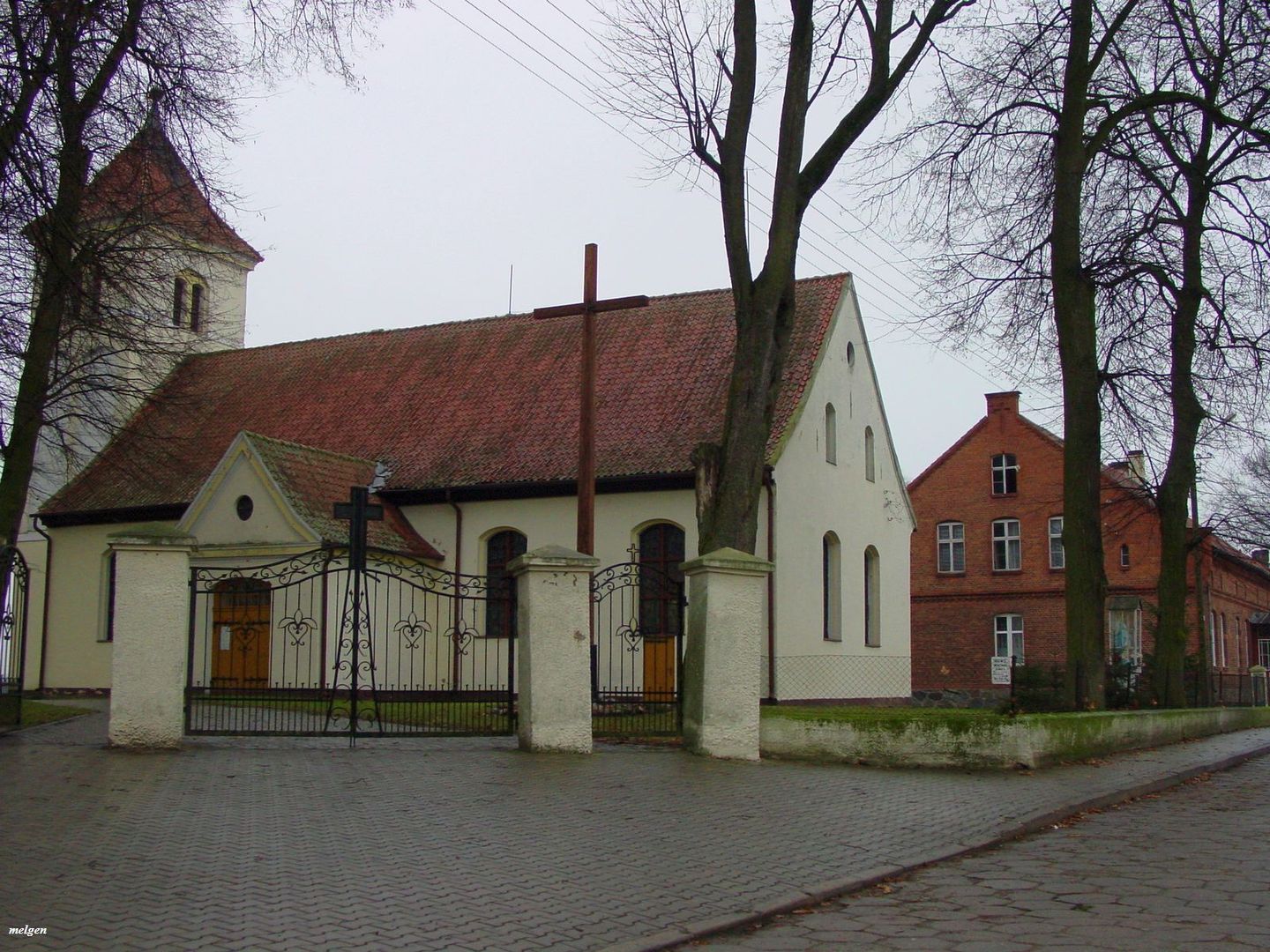Budry
6.06

Overview
Budry (German: Buddern) is a village in the Warmian-Masurian Voivodeship, in Węgorzewo County, serving as the seat of the gmina (municipality) of the same name. Its history dates back to the 16th century when it was founded in 1565 by Jan Mixa under the grant of Albrecht Hohenzollern. The village, which included the colony of Budry, was severely affected by the plague in 1710, losing approximately half of its population. It was known for its multicultural character; in the 18th century, significantly more Poles than Germans lived here. In the second half of the 19th century, Budry had 778 inhabitants, many of whom worked in agriculture and crafts, and the village had a post office. World War I brought destruction, and in 1915, the village suffered heavily from artillery shelling. After the war, Budry was rebuilt, and during the interwar period, local enterprises such as a mill, a sawmill, and a dairy developed. After World War II, the village underwent profound changes, including the forced resettlement of its population, influenced by the presence of a Soviet command. Since 1945, Budry has been the seat of Polish administration. Architecturally, it is distinguished by a single-nave church, consecrated in 1739, with a brick tower from 1888 that replaced an earlier wooden one. Budry is also known for its educational activities; the first Polish school was opened in 1946. In the area, there are remnants of the Koch Line—anti-tank ditches built in 1944. An interesting figure is Frida Jung, a writer and poet who lived in Budry until 1914 and after the war promoted aid for devastated East Prussia. Budry is not only a place of work but also a history that reflects the social, cultural, and political changes that have taken place in Poland.
Location
2026 Wizytor | All Rights Reserved